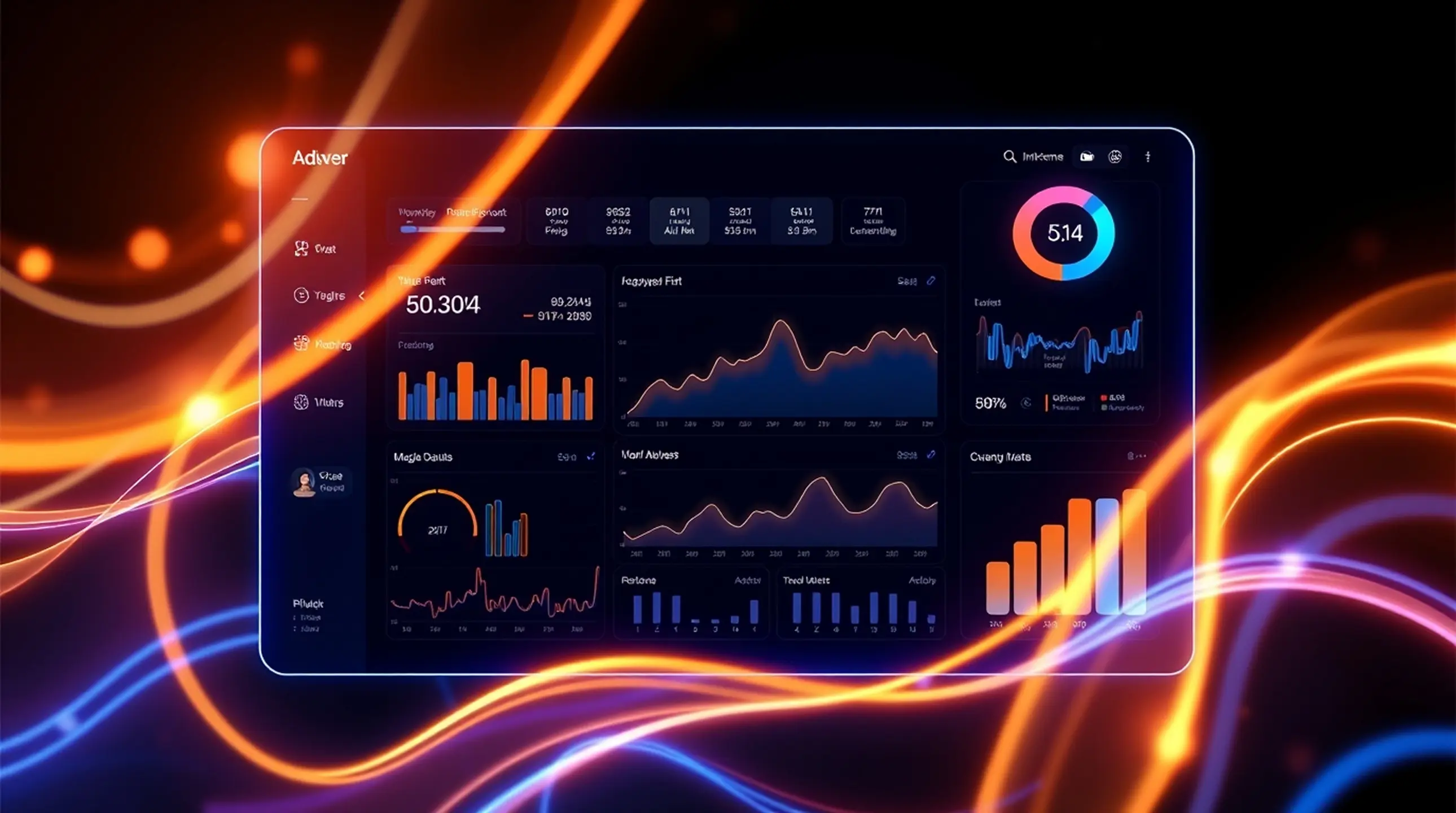Urban development and real estate portfolio management are inherently complex. Decisions regarding land acquisition, new construction, and infrastructure investment require a deep understanding of evolving urban dynamics, demographic shifts, and market demands. Traditional planning often relies on static reports and limited spatial analysis, leading to suboptimal land use and missed investment opportunities. The sheer volume of geospatial and demographic data, combined with the complexities of urban systems, makes **Artificial Intelligence and advanced geospatial data science** indispensable for navigating this intricate landscape.
At Zyllica, we harness the power of Geospatial Data Science and advanced analytics to revolutionize urban development. Our methodology provides unparalleled insights, enabling proactive planning, strategic investment, and sustainable growth within urban environments. Our approach includes multi-layer geospatial data integration, predictive urban growth and demand forecasting, portfolio optimization, and environmental impact assessment to inform resilient urban design.
Implementing Geospatial Data Science for urban development offers profound benefits for municipal authorities, developers, and investors. It leads to optimized investment and maximized returns through precise site selection, sustainable urban growth by fostering environmentally responsible and resilient development, and enhanced planning by providing data-driven insights for more effective urban policies.
Contact Zyllica's Science Team to discuss how Geospatial Data Science can optimize your real estate portfolios and urban development strategies.
More Thought-Provoking Insights

Water scarcity is a global challenge. This article explores how AI can transform traditional, reactive water management into a proactive and predictive science, enabling intelligent consumption rationalization and ensuring a sustainable water future.

Effective water resource management is hindered by unmetered water concessions. This article explores how AI and advanced inferential modeling can transform this critical blind spot into a powerful asset, enabling authorities to make informed decisions and achieve a more complete water balance.

Industrial operations are vital for economic growth, but often have a significant environmental footprint. This article explores how AI and advanced analytics can revolutionize industrial emission control, transforming it from a reactive necessity into an intelligent, optimized, and highly effective operational advantage.